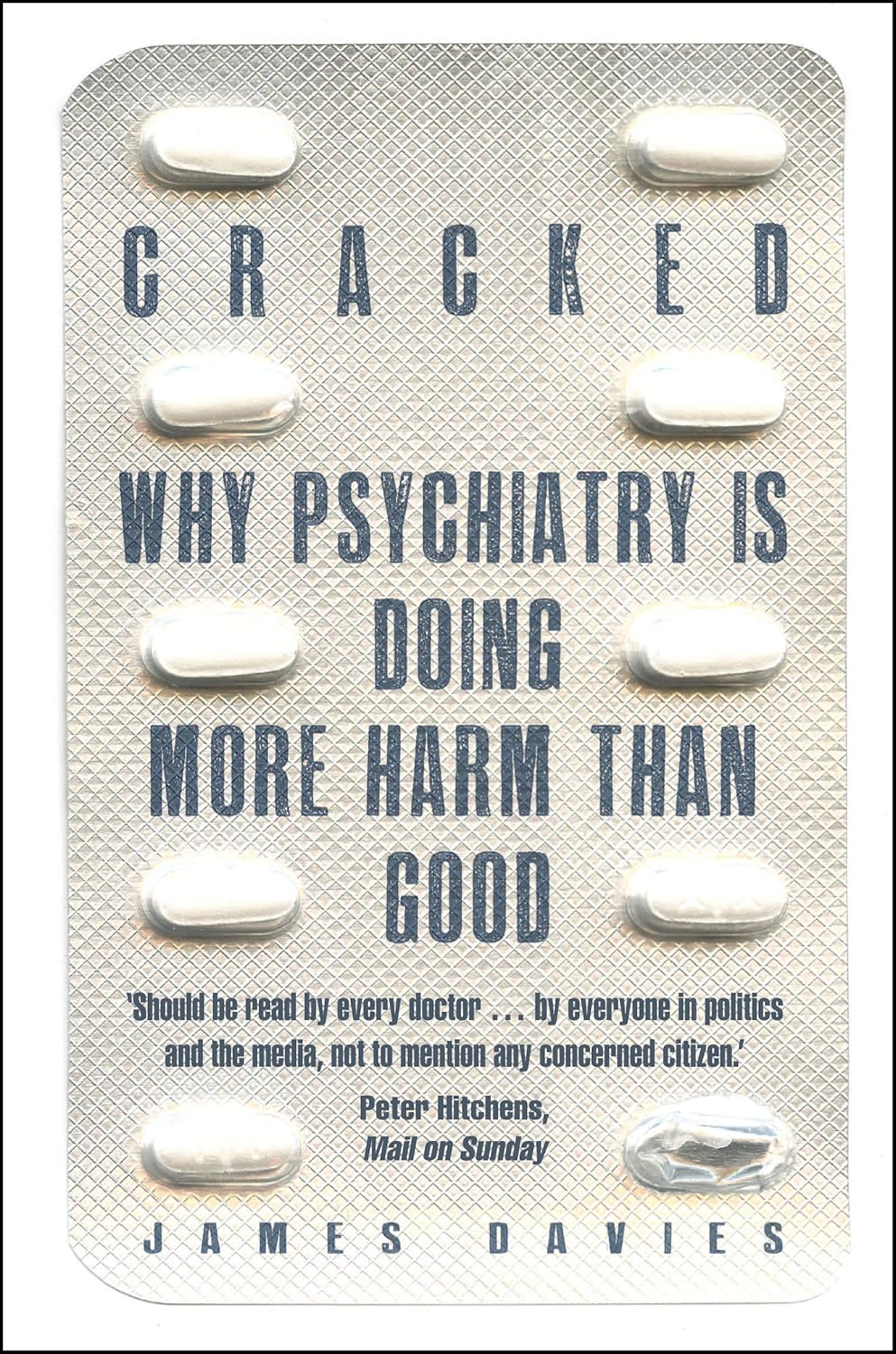About this deal
Dr James Davies publishes new book “Sedated: How Modern Capitalism Created our Mental Health Crisis” This means there is a reliability problem in the field, which casts serious doubts on the entire DSM-structured paradigm. Indeed, the problems within the field of psychiatry often see the same patients receiving differing and possibly conflicting diagnoses at an alarmingly high rate: Despite pseudoscientific terms like “chemical imbalance”, nobody really knows what causes mental illness. There’s no blood test or brain scan for major depression.’ (Dr Darshak Sanghavi, clinical fellow at Harvard Medical School) Author James Davies obtained his PhD in medical and social anthropology from the University of Oxford. He is also a qualified psychotherapist (having worked in the NHS), and a senior lecturer in social anthropology and psychology at the University of Roehampton, London. He has delivered lectures at many universities, including Harvard, Brown, CUNY, Oxford and London, and has written articles about psychiatry for the New Scientist, Therapy Today and the Harvard Divinity Bulletin.
Cracked: Why Psychiatry is Doing More Harm Than Good
Atlantic have bought UK & Commonwealth rights (excluding Canada) in Dr James Davies’s The New Opium:Capitalism, Mental Health and the Sedation of a Nation. The book argues governments now are more preoccupied with sedating us, depoliticising our discontent and keeping us productive and subservient to the economic status quo, than with understanding and solving the real roots of our emotional despair.Many of the symptoms of mental conditions that are now pathologized; such as anxiety and depression - can be effectively moderated with a combination of non-pharmaceutical interventions; like Cognitive Behavioral Therapy, as well as a holistic approach that includes a healthy balanced diet, regular vigorous exercise, adequate and quality sleep time to maintain a circadian rhythm, and ensuring vitamin D levels are not deficient.
James Davies’ “Cracked, the Unhappy Truth About Notes from James Davies’ “Cracked, the Unhappy Truth About
The RSP president argues that the current methods enable them to get mental health funding. The DSM people that they expect users, somewhat Biblically, to make their own interpretations rather than taking the DSM literally. The latter seems a general issue in anything to do with personality and social policy – people using questionnaires and methods literally; not finding out who the person/s are before making decisions about them. You can add your own here. In Chapter 9, he discusses the utterly immoral process whereby pharmaceutical companies pay psychiatrists and universities to sell their product, and how it is near impossible for any patient to find out if their psychiatrist is being paid to promote the drug they are being prescribed. He discusses what he terms as ‘psychiatric imperialism’ in Chapter 12. In this chapter, he discusses how the West has exported their pathologizing of distress to countries more likely to see it as a result of social or psychological problems. A way forward from this crisis in psychiatry Sybil Exposed by Debbie Nathan (excellent takedown of fads in psychiatry/ how therapy can make things worse)
Article contents
So the illnesses defined in the DSM are deeply suspect and the criteria used to define them are deeply suspect but worse, the DSM has led to a situation where the drug companies have medicalised the illnesses and produced drugs to treat these "illnesses". I've read several books that incorporate or focus on the issues in psychiatry, but this is definitely among my favourites. The book is thought provoking, easy to read, and it challenges what you think we know about psychiatry. I wouldn't say I am convinced by everything in the book, but it certainly brought to light just how far removed psychological research is from the way it is practiced with patients and understood by the public. It is exposed this week in a new book that should be read by every doctor, and also by everyone in politics and the media, not to mention any concerned citizen.” First of all, I do agree that overdiagnosing and overmedicalisation are problems that should be taken into account. However, I really didn't like the extreme approach in this book, as well as the awfully subjective examples (like interviews, "my neighbor once said" or "this person thinks that his son was misdiagnosed" type of shit) and far-fetched conclusions. I don't think there's a point in blaming the DSM and its creators for causing a wave of overdiagnosing - it's the specialists who are not doing their job correctly or considering the context of problems) and the problem lies with the education and moral principles and the system. The whole part where the author blames the DSM is just so unnecessary - the DSM is already out there and I still think it's better than nothing - the probability of misdiagnosing would be a lot greater if not for the DSM.
 Great Deal
Great Deal 